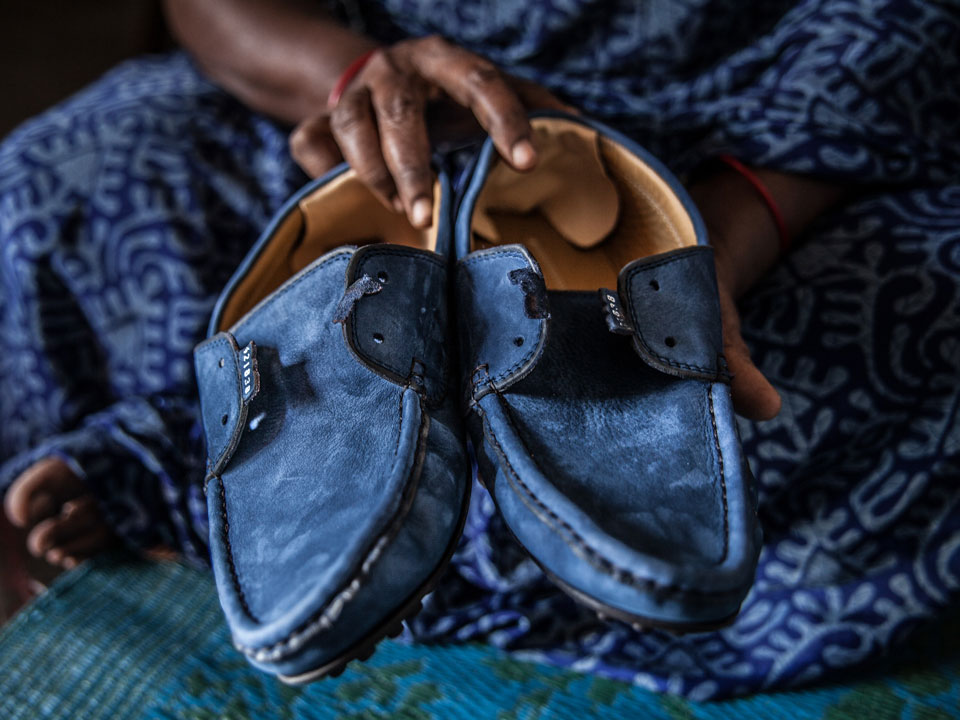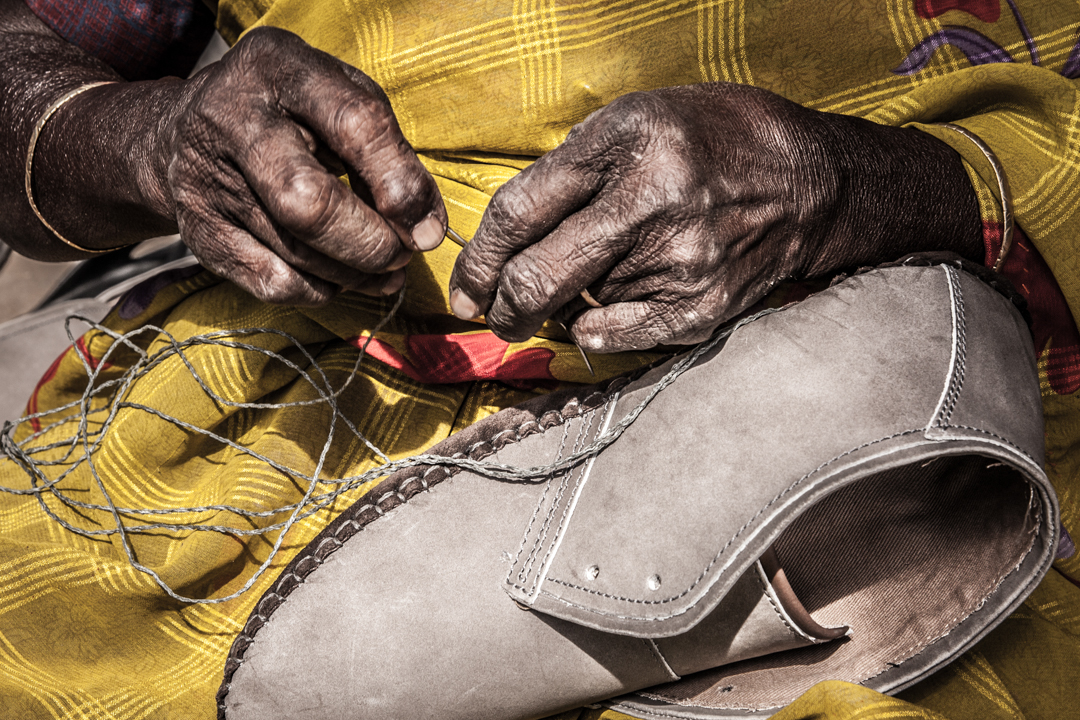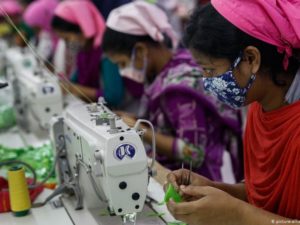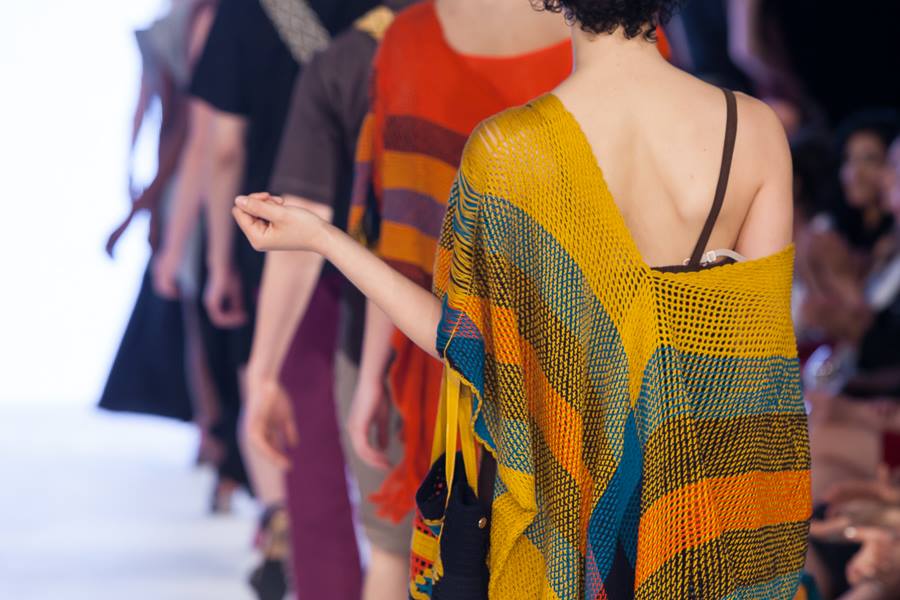Labour Behind the Label is a Bristol-based charity founded in 2002, entirely focused on empowering workers and improving their working conditions in the global garment industry. They target a variety of areas, through a few specific campaigns, and although it is highly worth going through their website, I have given a rough summary of their target areas below:
Brand Responsibility & Accountability:
Labour Behind the Labour takes a strong focus on making garment companies aware of the specific labour and human rights issues found in the countries they source from, assisting them in working out Codes of Conduct that adhere to the International Labour Organisation and the Universal Declaration of Human Rights standards, as well as encouraging co-operation between NGOs, unions, and governments to multi-tackle some of the biggest issues facing factory workers today.
Gender:
80% of garment workers are women – it is a gender issue based on gender stereotypes of women being more docile and pliable, easily fostering environments of abuse. Already existing gender stereotypes disallow women to seek other employment, and heavy household workload adds to the inability for women to have the energy or time to fight for better conditions, which makes them even more ideal candidates in the eyes of factory managers. Discrimination against pregnant women and sexual abuse are the norm.
Homeworkers:
While employing homeworkers to produce fashion goods can be an amazing way for companies to ensure good wages, safe standards and flexible working hours for workers, often (mainly) women who work out of their homes face entirely different sets of hurdles: lack of connection to other workers, invisibility in official labour statistics, job insecurity, long hours based on the supply-demand nature of the industry, and the fact that much of their work is sub-contracted sub-contract work. This means that not only are they are at the bottom of the supply chain in terms of visibility and pay, but they are also unlikely able to find out whom is responsible for their pay and conditions.
Trade Unions:
Based on the Universal Declaration of Human Rights, “the right to organize with others,” freedom of association and collective bargaining is a key area of focus. A very small percentage of factories have unions, and attempts to form unions are met with intimidation, abuse, and violence in order to attract foreign investment that hinges on acquiring the lowest production costs possible.
Conditions:
Vitally connected to the lack of presence of trade unions, conditions can be abysmal for workers in factories when they do not have a voice: unsustainable pay, long hours, abuse, safety hazards, and horrible working conditions, as well as job insecurity and lack of compensation in the event of injury or sickness. Total lack of transparency is a huge issue.
Wages:
Again, based on the Universal Declaration of Human Rights, “the right to a standard of living adequate for health and well-being,” the gargantuan trillion dollar fashion industry pays abysmally low. Often wages, despite horrifically long hours, do not even cover the basic living standards. Poor countries are set in competition against each other to gain foreign investment – adopting a living wage means that a country may price itself out of the market, meaning, a country is rewarded with contracts by foreign investors to abuse its own people. A living wage should enable people and their families to live with dignity and participate fully in society, without having to work more than 48 hours a week.
You can find more about Labour Behind the Label here:
http://labourbehindthelabel.org
Image by from Labour Behind the Label, by Heather Stilwell





